Muzaffarnagar, Uttar Pradesh — A recent police directive in Muzaffarnagar district, asking eateries and food stalls along the Kanwar Yatra pilgrimage route to display the names of their owners and staff, has sparked significant controversy and backlash. Political leaders, civil rights activists, and lawyers have criticized the directive as unconstitutional and discriminatory, raising concerns about its legality and impact.
Ambiguity and Legal Concerns
The directive, issued without a formal written order, has left many questioning its legal basis. The Muzaffarnagar police’s statement circulating online claims that the managers of food outlets have been “requested” to display the names voluntarily. However, the same statement refers to this request as an “order,” creating ambiguity.
Abhishek Singh, Muzaffarnagar’s senior superintendent of police, used similarly ambiguous language, stating that food vendors have been “instructed” to display the names and that everyone is “voluntarily” complying.
In India, where police have a history of using coercive powers, such advisories often leave citizens with no real choice but to comply. The lack of a written order complicates the process of legally challenging the directive.
Legal Experts Weigh In
Delhi-based senior advocate Mohan Katarki pointed out that a written order would need to indicate the law under which the police are empowered to issue such directives. In contrast, an oral directive can be easily contested in court unless the police admit to issuing it.
Former Inspector General of Police in Uttar Pradesh, SR Darapuri, emphasized that a written order could be judicially questioned, whereas an oral order could be disavowed later. Senior advocate Sanjay Hegde highlighted that challenging oral instructions would be more time-consuming and complex.
Violation of Fundamental Rights
Critics argue that the directive violates fundamental rights to equality, non-discrimination, and privacy guaranteed under the Constitution. There is no legal requirement for restaurants or vendors to publicly display the names of their owners and staff, and such a disclosure arguably infringes on privacy rights.
Although the directive does not explicitly mention religious identity, the context and timing suggest an underlying bias. A local Hindu priest’s Facebook post claimed that the Muzaffarnagar district administration had promised that “all Muslims would write their Muslim names in bold letters on their hotels, dhabas, tea and sweet shops, and fruit and vegetable carts.”
Muzaffarnagar MLA and Uttar Pradesh minister Kapil Dev Aggarwal had also commented that Muslim-owned businesses should not name their shops after Hindu deities.
Potential for Discrimination and Violence
In such a context, the directive is likely to lead to discrimination against Muslim vendors, potentially resulting in economic boycotts. Lucknow-based human rights activist Rajeev Yadav stated that the economic boycott of any religious group is unconstitutional.
Katarki explained that while a general law mandating all shop owners to display their names could promote transparency, minority concerns must be considered to prevent economic boycotts or targeting during communal violence. Hegde agreed, emphasizing that the directive’s actual effect on Muslim vendors must be examined.
Flawed Rationale
The Muzaffarnagar police superintendent claimed the directive was issued to secure law and order, given past conflicts over food served along the Kanwar yatra route. However, local activists and politicians questioned this rationale, arguing that the identity of a food vendor is irrelevant to law and order.
“This is a naked display of communalism in police,” said Darapuri. Yadav noted that the issue seems to stem from Kanwar yatris wanting to eat only at Hindu-owned eateries.
Shahnawaz Alam, chairperson of the Congress party’s minority cell in Uttar Pradesh, warned that the directive could legitimize attacks on Muslim food vendors. Without any written order or guidelines, “someone may easily attack or harass a Muslim vendor under the guise that they have displayed names incorrectly.”
Calls for Judicial Intervention
Alam urged the Allahabad High Court or the Supreme Court to take immediate note of what he described as an effort to “implement an apartheid system.” All India Trinamool Congress MP Saket Gokhale has written to the National Human Rights Commission, asking it to take cognizance of the police directive.
For more detailed updates and ongoing coverage, visit Sarhind Times.

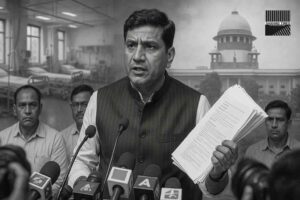



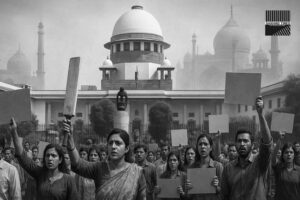





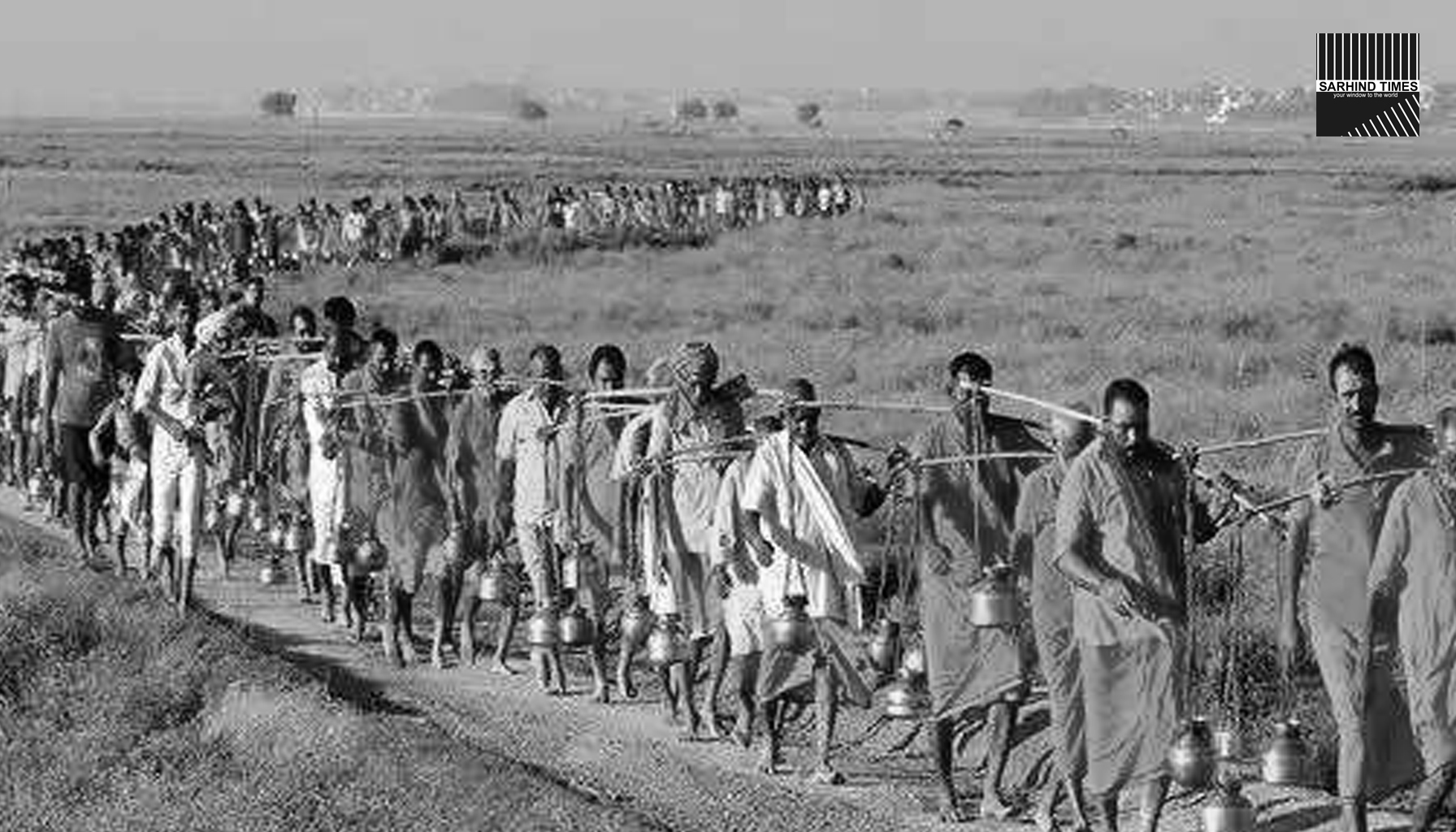

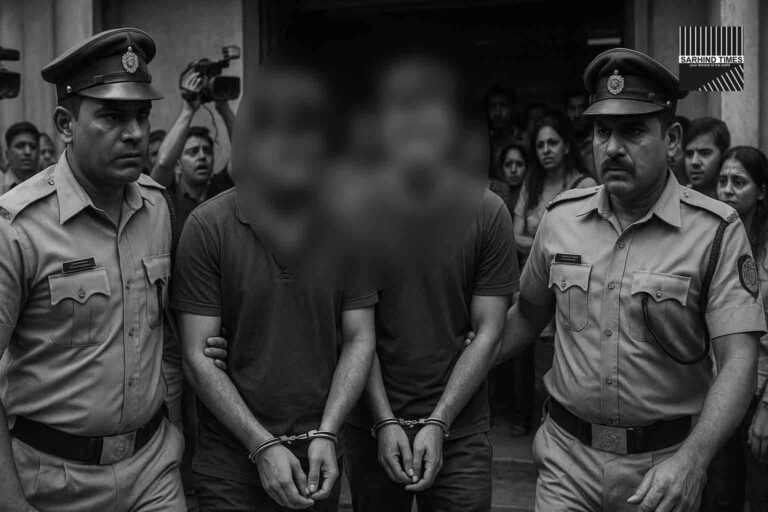
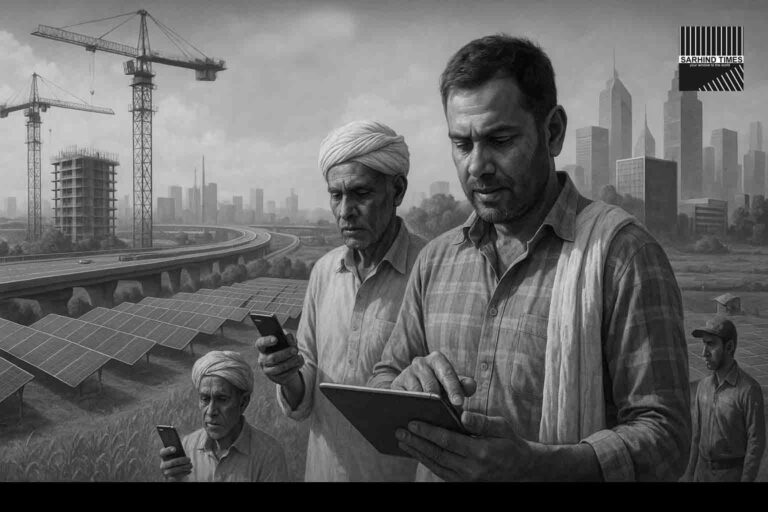
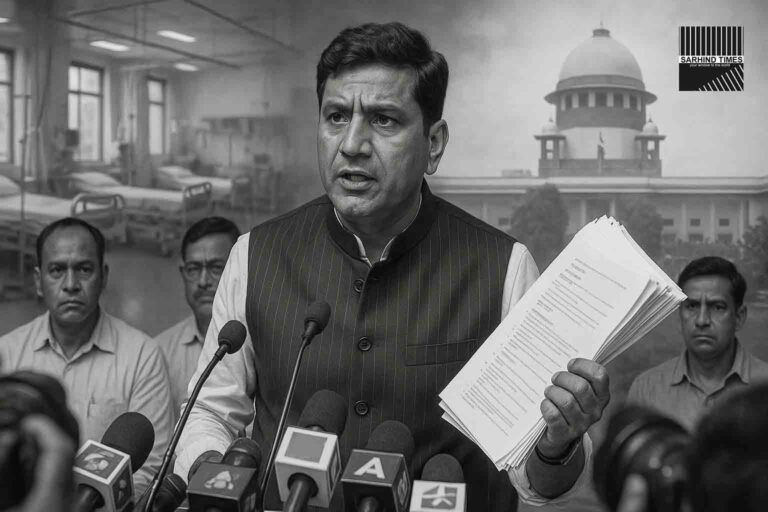
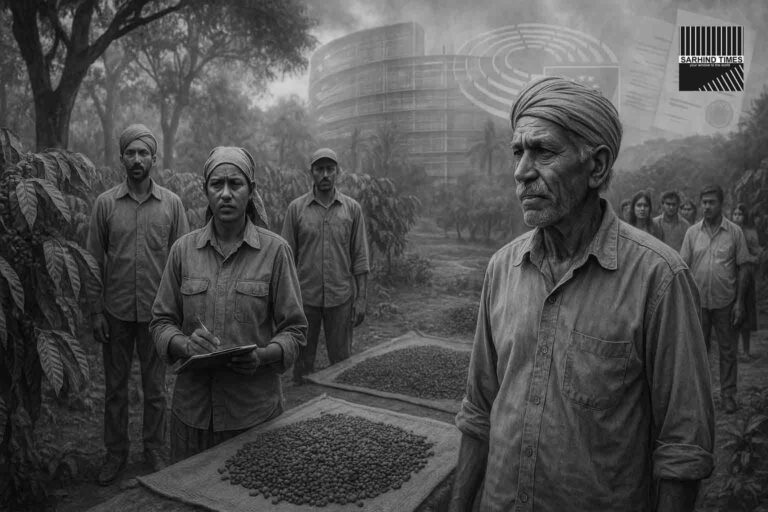
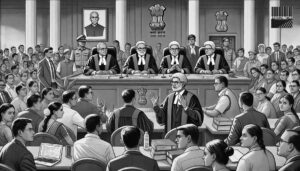
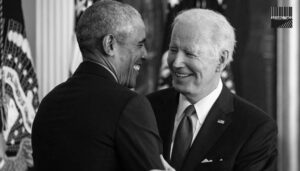
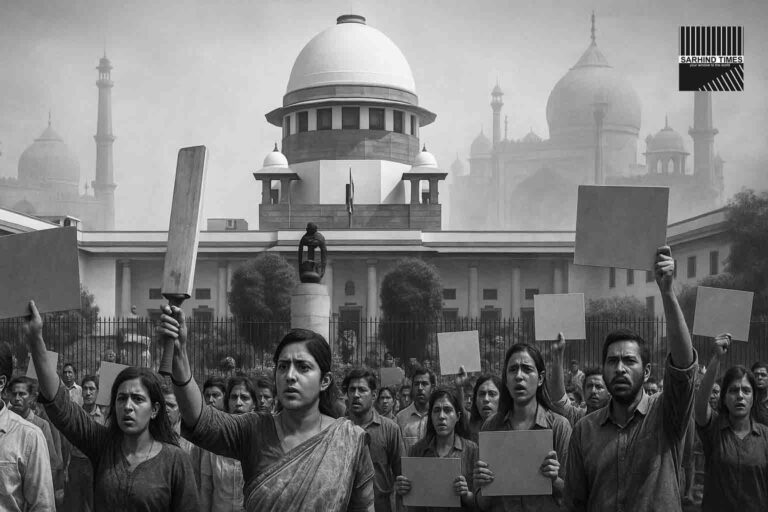
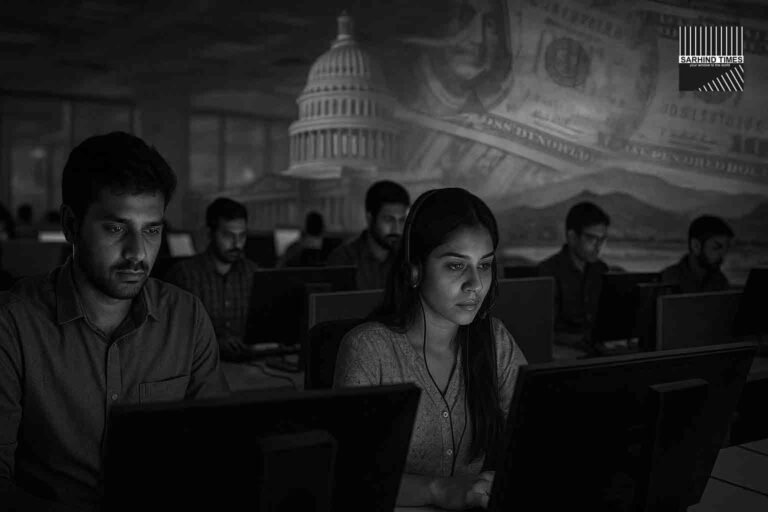

+ There are no comments
Add yours